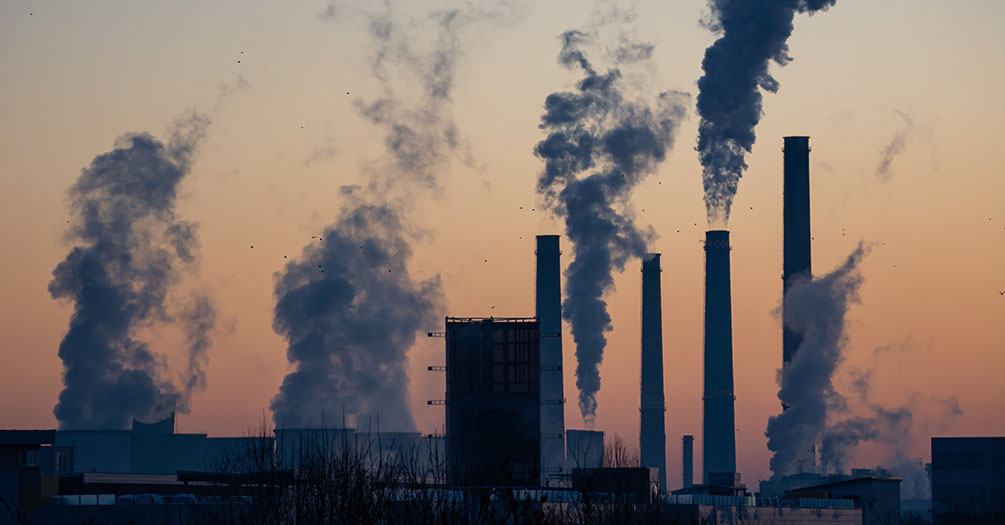
Individual Dietary Choices Can Add-or Take Away-Minutes, Hours, and Years of Life
Olivier Jolliet and Katerina S. Stylianou
Eating more fruits, vegetables, and nuts can make a meaningful impact on a person’s health—and the planet’s too. Crunching the numbers, two Michigan researchers have some recommendations on how to eat—one meal at a time—for health and environmental sustainability.





